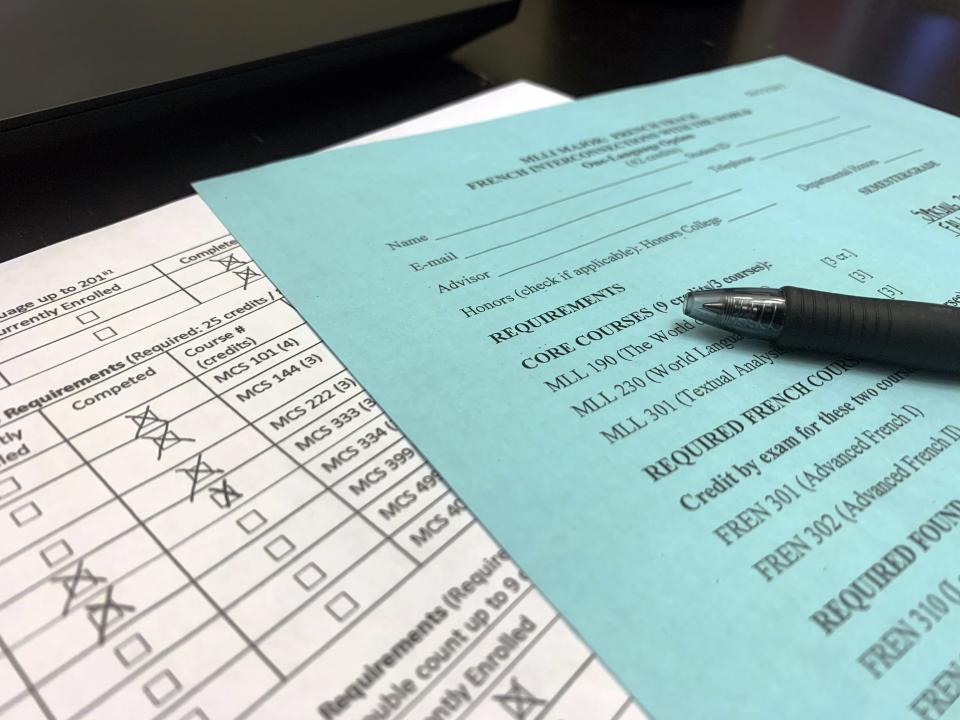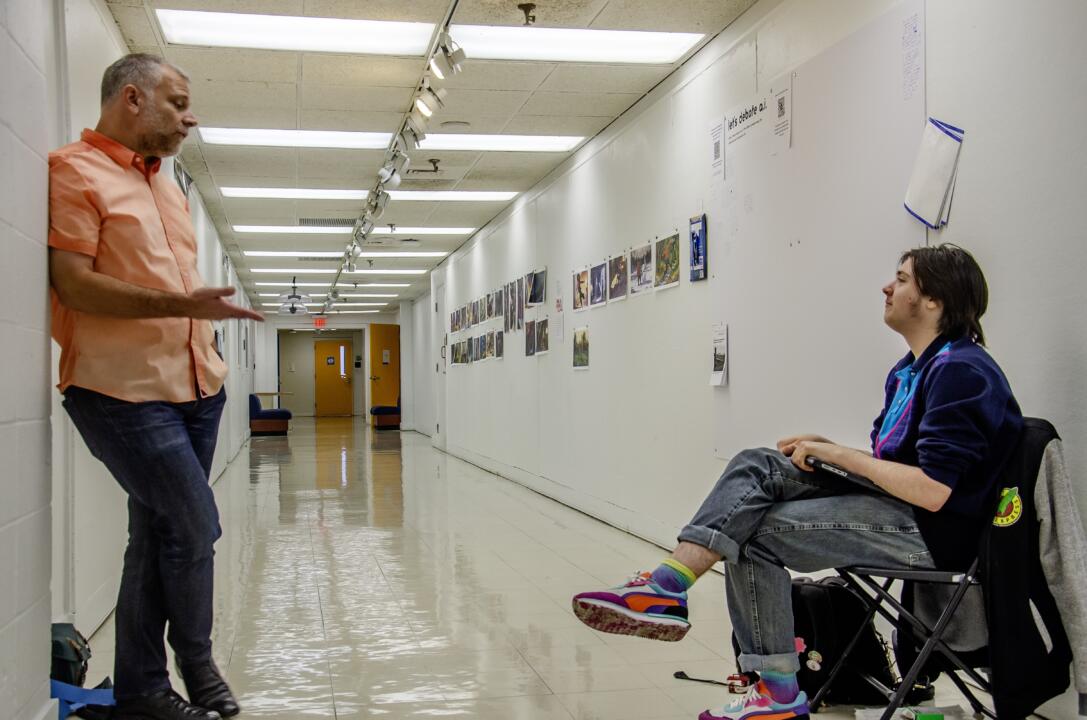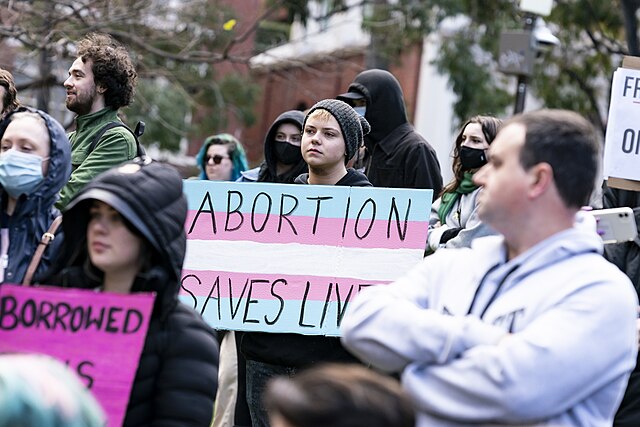The University of Maryland, Baltimore County announced in October that the Spring 2021 semester will look very similar to Fall 2020, with around 90 percent of classes held fully online or in a hybrid format. While academic advisors from various departments said the announcement impacted students’ class selection, students felt there were few options to stray away from their major’s degree path.
Professor Eric Abele, Associate Chair of the Theatre Department, found that differences in the types of classes that students are choosing for the spring mostly depended on the individual.
“I have students who are just saying, ‘These are the classes that I need to take, so I’m going to take them.’ Then I have students who are saying, ‘It is really important for me to have at least one hybrid class, I really want to be on campus,'” said Abele. “Then the last segment of students are those saying, ‘I have pre-existing conditions … I can only choose online classes.'”
Abele explained that student retention within the major and the department’s various academic pathways is helped by the fact that many theatre classes are approved for hybrid instruction.
Similarly, Undergraduate Program Director of the Music Department and Music Theory lecturer Dr. Joseph Siu said that classes within his department also benefit from being approved for on-campus work. As of Dec. 2, 50 percent of the Music Department’s classes will be taught in a hybrid format in the spring.
The rigor and structure of the music degree also contributes to students sticking to their four-year degree plan. Since many required music classes are only offered in a specific semester, a student taking a gap semester or year usually means an equal setback in their graduation year.
“Most students are still sticking to their academic pathways,” Siu explained. “The music degree is pretty prescriptive, and for a typical music major there are close to 90 required credits. In a way, they don’t have a lot of options to choose around.”
For freshman math major Katie Brungard, however, COVID-19 and the primarily online format of Spring 2021 instruction has affected the classes she is choosing.
“I am trying to avoid in-person or hybrid classes so that I do not have to commute,” said Brungard. “The idea of doing this for another semester has led me to register for fewer classes next semester in hopes of feeling less overwhelmed.”
Freshman computer engineering major Robin Paranilam expressed a similar sentiment.
“For spring, I’m trying to take more classes related to [my interests outside of my] major studies like my entrepreneurship minor classes, gen eds, etc,” said Paranilam. “I kind of want to take my core classes in person so I have a strong foundation.”
Paranilam explained that while he does not necessarily feel discouraged, his workload can be overwhelming at times.
“I don’t know if that’s just because I haven’t had in person classes yet, or if I’m counting the learning time as well, but sometimes it feels like professors use all the time in your day.”
Program Coordinator in the Visual Arts Department Brittney Stephenson explained that, especially for first-year and new transfer students, “there is a piece of disappointment … that they have this image of what the college experience was going to be like, but it’s different now.”
She stated that it is the job of staff and faculty to help support students, a task that includes connecting students to virtual organizations and university counseling services in addition to guiding them through their class registration process.
“It is up to us to help them through this transition,” said Stephenson. “But I think that students are getting provided those resources and are thriving in figuring out how to handle it.”
Freshman political science and psychology double major Olivia Giuliano expressed a similar feeling of optimism about having to deal with the unexpected challenges of online learning.
“There is so much to be learned and reformed in our country moving forward,” said Giuliano. “And I’m eager to continue acquiring the knowledge that will enable and empower me to contribute to that change in some way in the future.”


